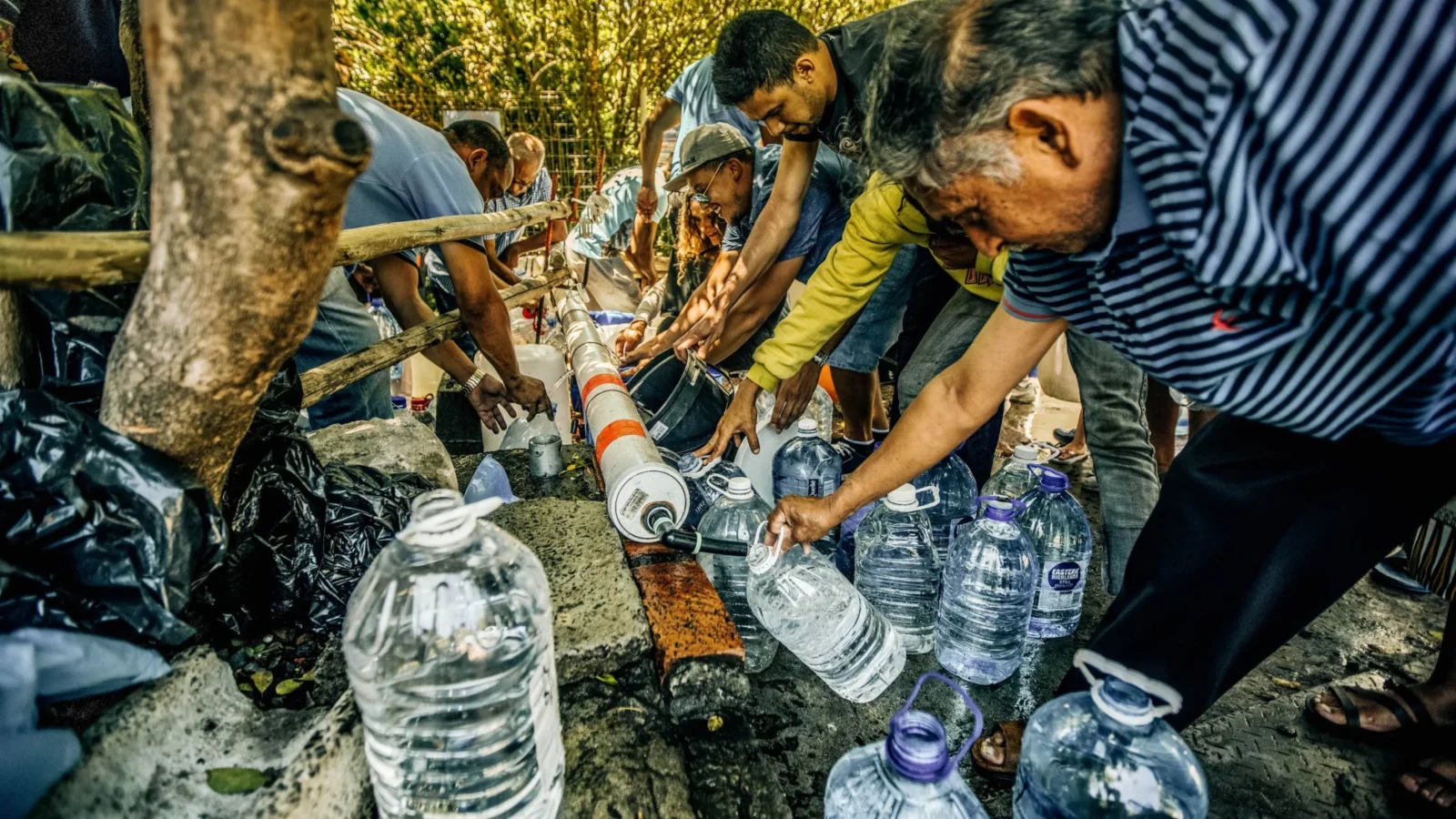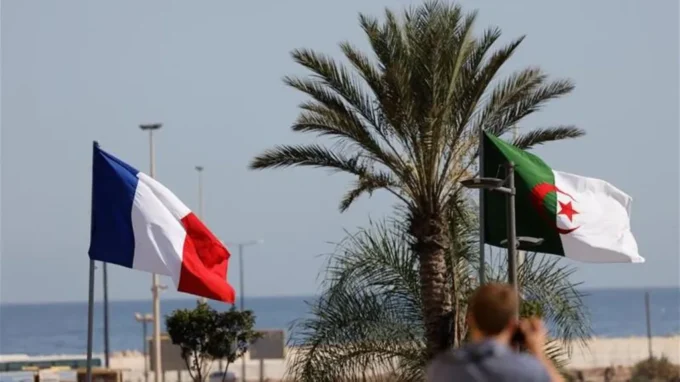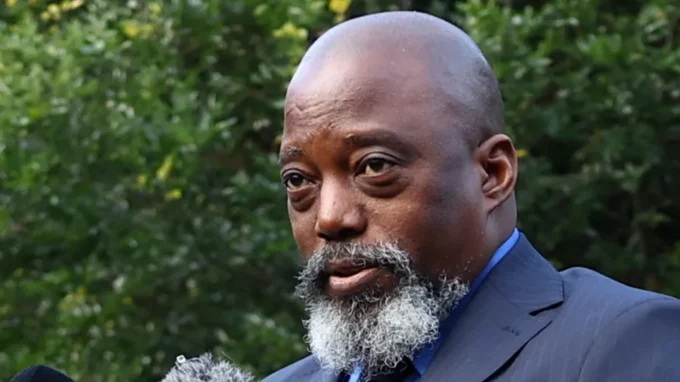Cape Town, South Africa, continues to grapple with deep-rooted environmental and socioeconomic challenges in its water management system. The city’s 2018 water crisis, known as “Day Zero,” served as a wake-up call for South Africans and the world, as the city came dangerously close to completely running out of water. Following three years of insufficient rainfall, reservoirs dropped to critically low levels, prompting the government to impose drastic water-saving measures and restrictions in an attempt to prevent disaster.
A new film titled Capturing Water sheds light on the grassroots fight for water justice in Cape Town during and after this unprecedented crisis. It follows three dedicated campaigners—Faeza Meyer, Caroline Marx, and Nazeer Sonday—as they battle against a broken system that disproportionately affects low-income communities, damages the environment, and prioritizes profits over people.
Faeza Meyer, a community activist, emerged as a leading voice for the poor, pushing back against water cut-offs in underprivileged neighborhoods. For many residents in these areas, access to clean and sufficient water has always been a struggle, but the crisis heightened their vulnerability. As water restrictions tightened, wealthier suburbs continued to access water with relative ease—highlighting the growing disparity between Cape Town’s affluent and its poor.
Environmental advocate Caroline Marx took on another pressing issue: sewage pollution in the city’s waterways, especially in vulnerable ecosystems like the Zandvlei Lagoon. The pollution, caused by aging infrastructure and lack of government oversight, not only impacted biodiversity but also posed serious health risks to communities reliant on these water sources for daily use or recreation.
Meanwhile, agricultural activist Nazeer Sonday turned his attention to defending vital groundwater sources from encroachment by industrial developers. As urban sprawl and industrial farming increased, the exploitation of underground aquifers became a contentious point, raising concerns about long-term sustainability, food security, and environmental degradation.
The film dives deeper into the systemic flaws in South Africa’s market-driven approach to water management. Critics argue that commodifying water and prioritizing corporate interests has widened the gap between the rich and poor, leaving marginalized communities behind. At the same time, climate change has intensified drought conditions, making the need for responsible water governance more urgent than ever.
Capturing Water not only documents the 2018 crisis but also serves as a powerful commentary on the broader implications of water mismanagement, inequality, and environmental negligence in South Africa. It highlights how access to water is not just a utility issue but a human rights concern—one that reflects wider social and economic injustices.
This compelling narrative urges policymakers to rethink water policy and develop sustainable, inclusive solutions that prioritize environmental stewardship and social equity. As global climate conditions become more unpredictable, Cape Town’s story is a stark reminder of what can happen when infrastructure, planning, and social justice are neglected in managing the world’s most vital resource.
With rising global temperatures and growing urban populations, the importance of equitable water distribution and ecological protection cannot be overstated. Capturing Water calls for bold, systemic change and for societies everywhere to value water not just as a commodity, but as a public good essential for life, dignity, and the future of our planet.












Leave a comment